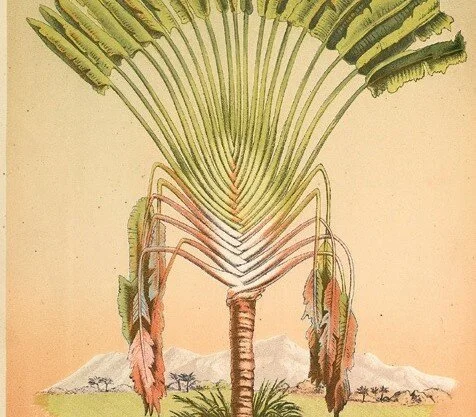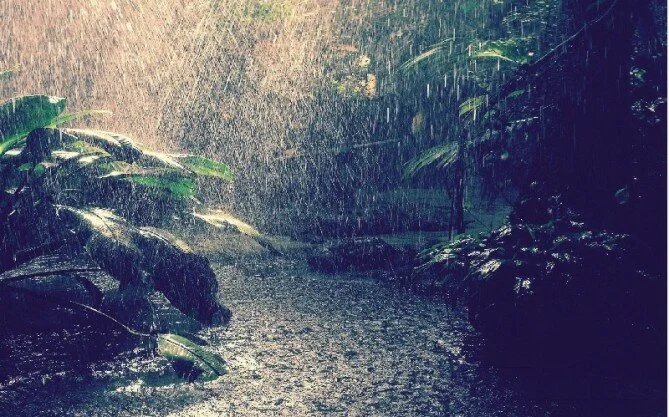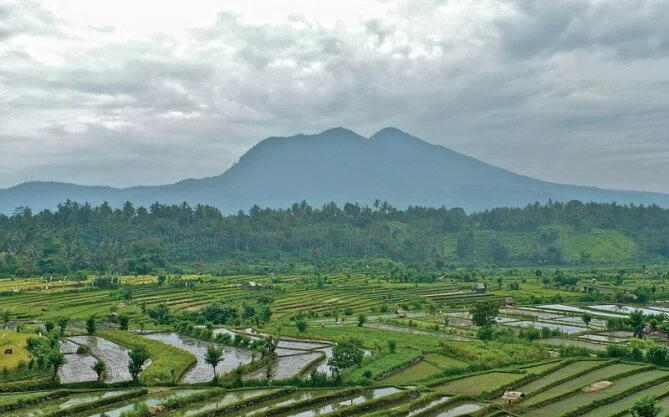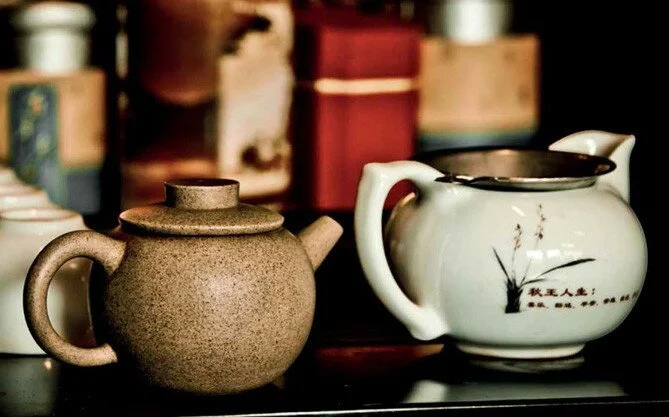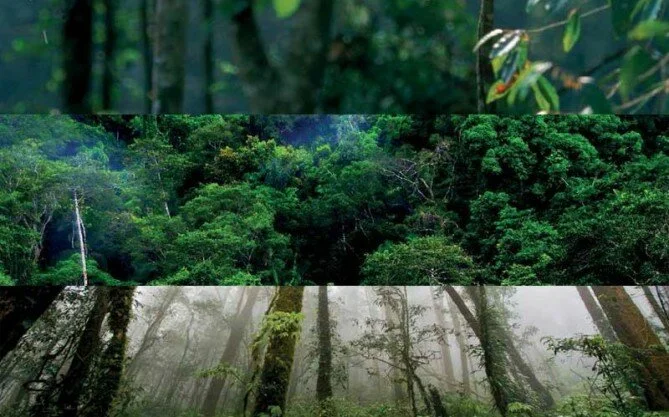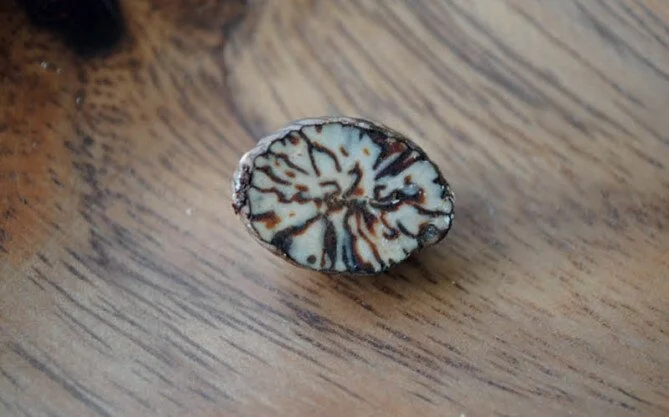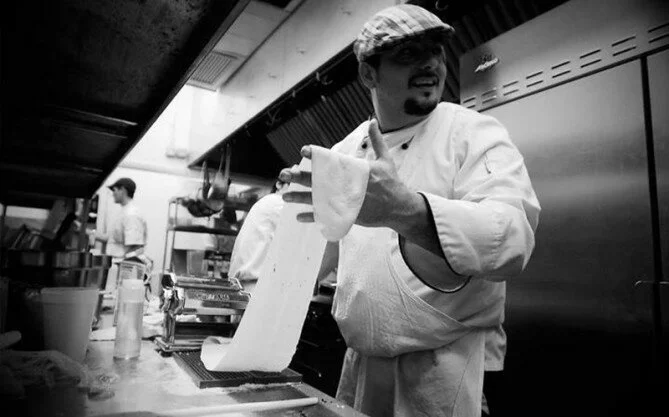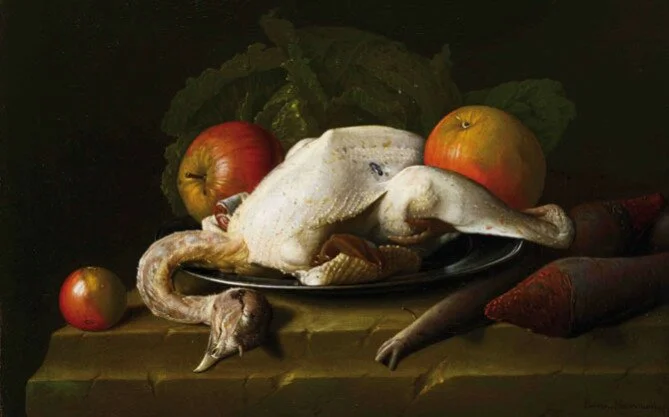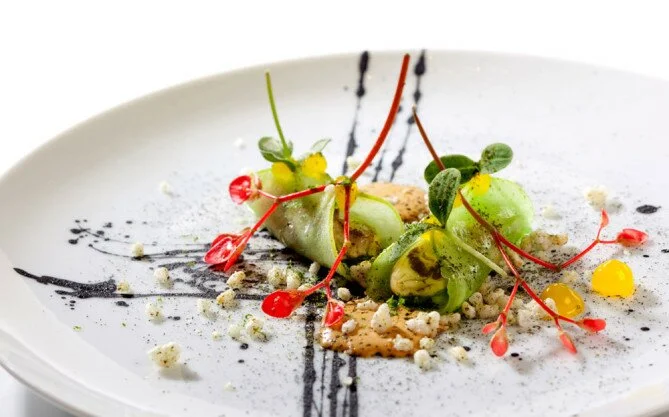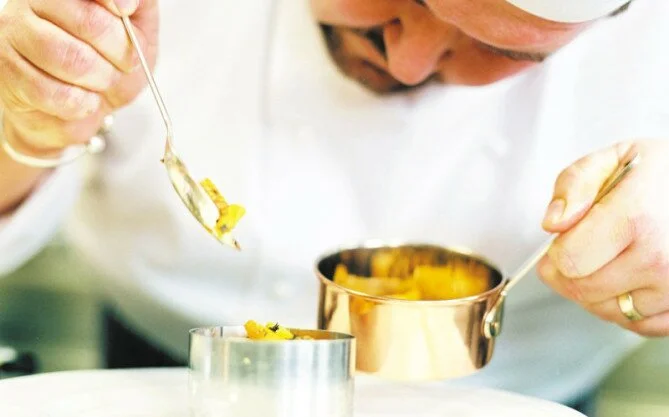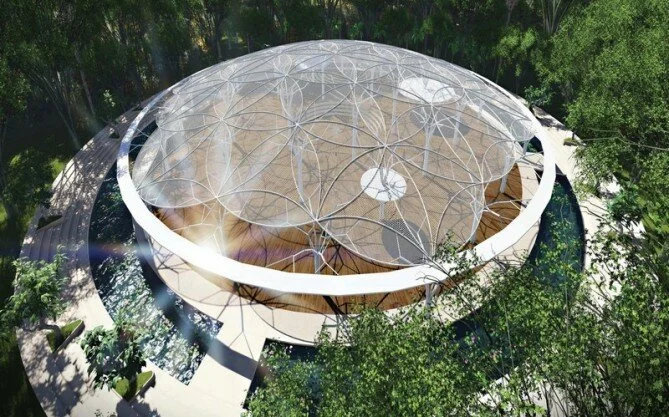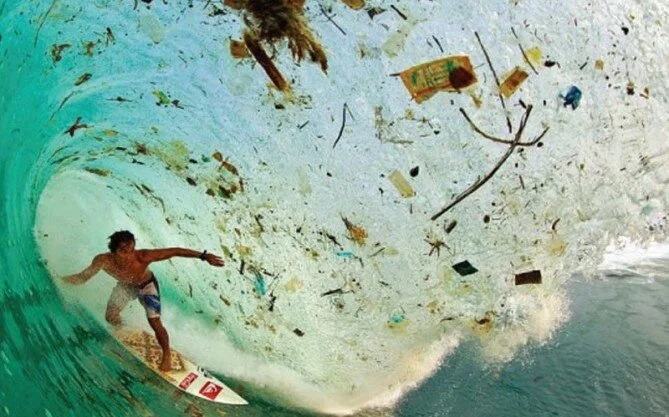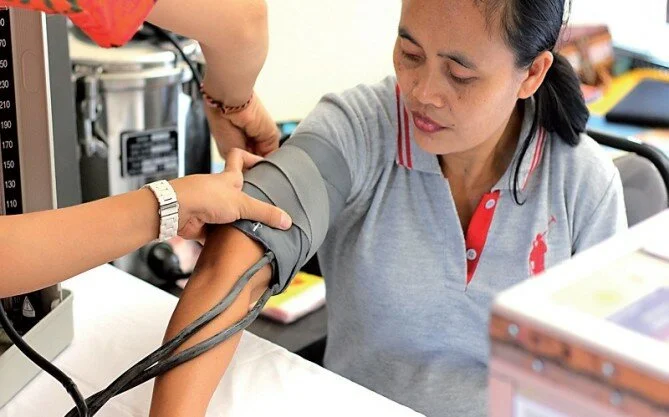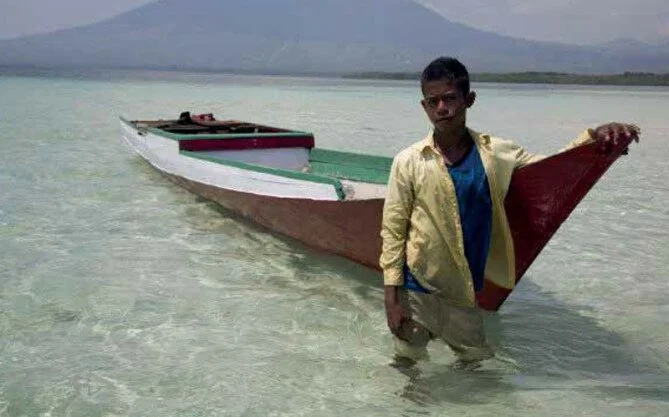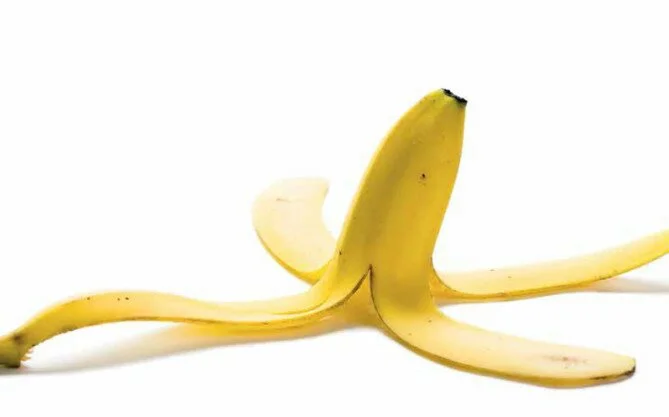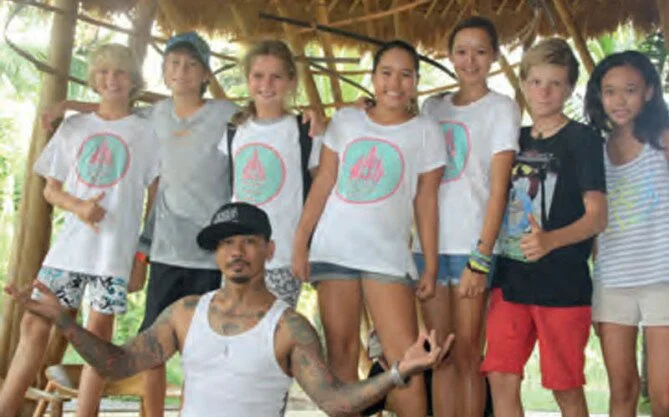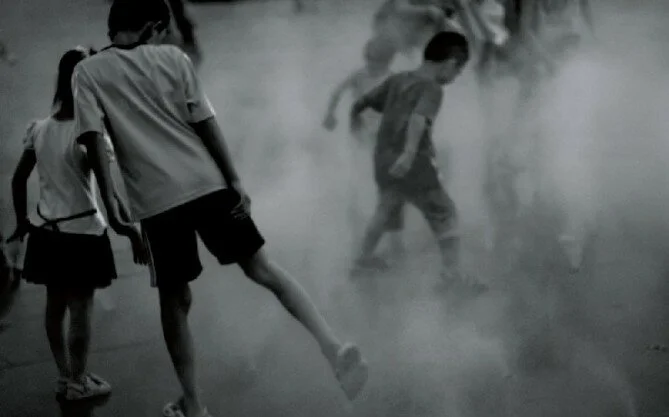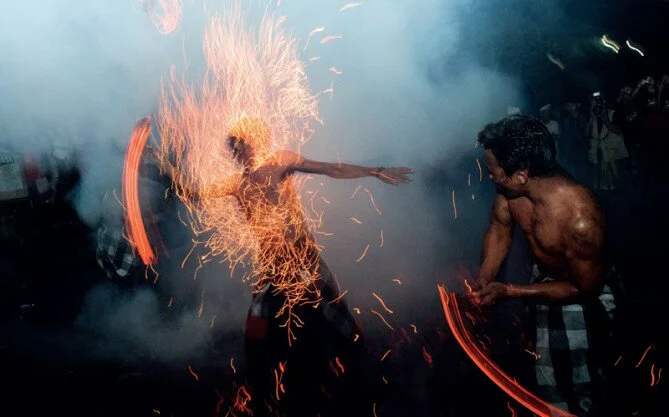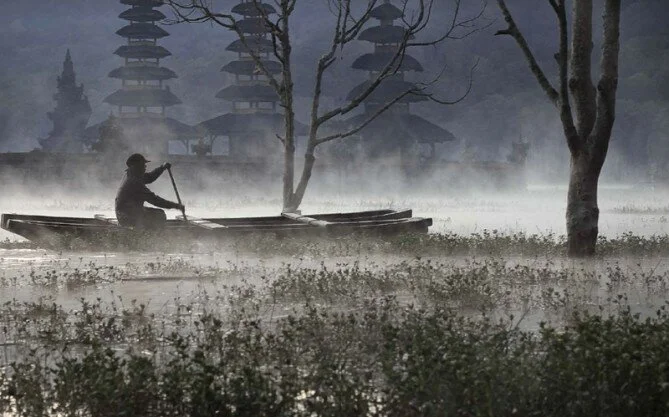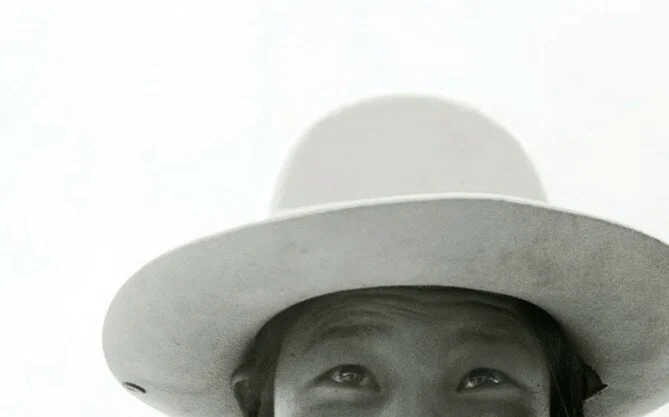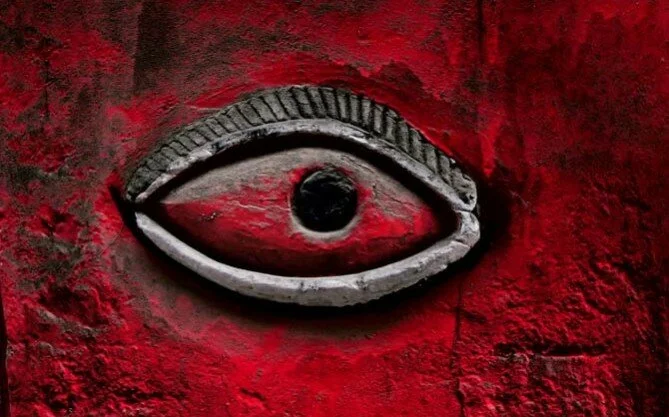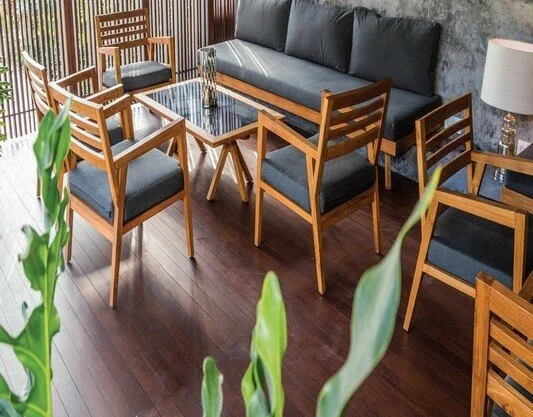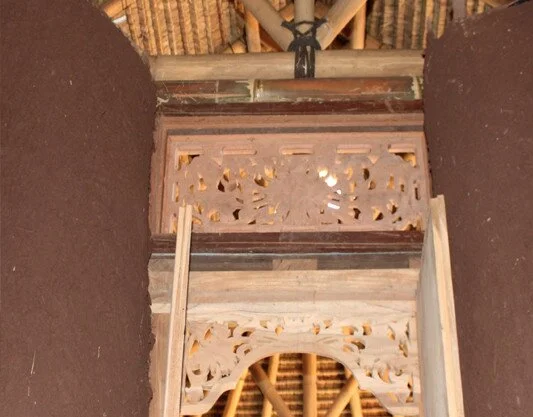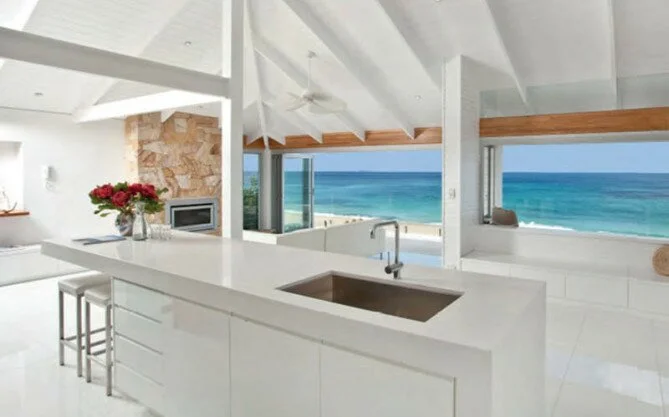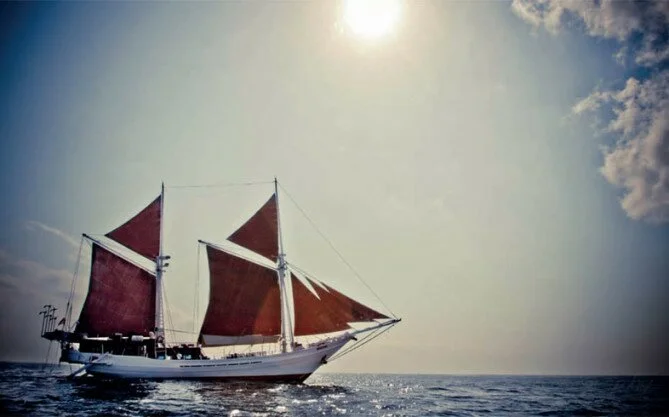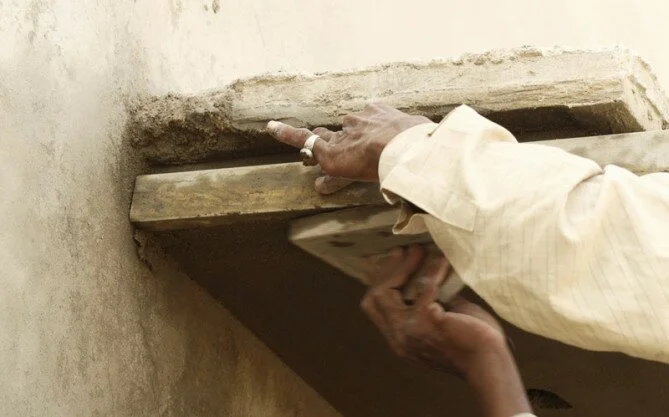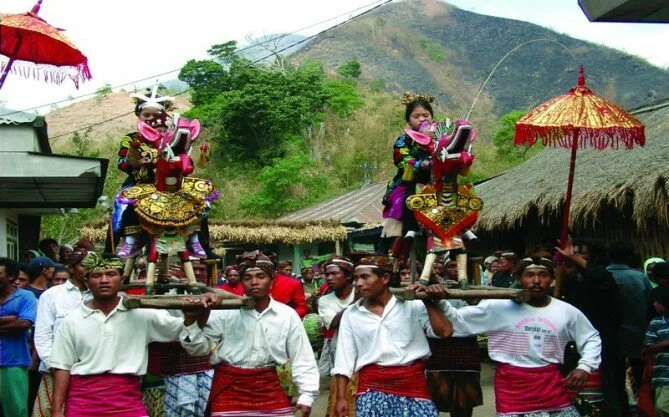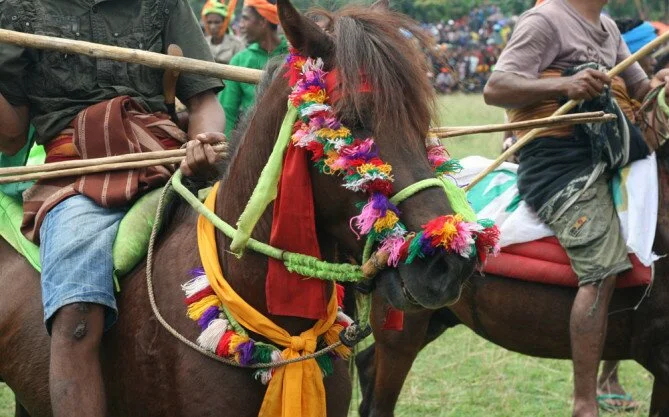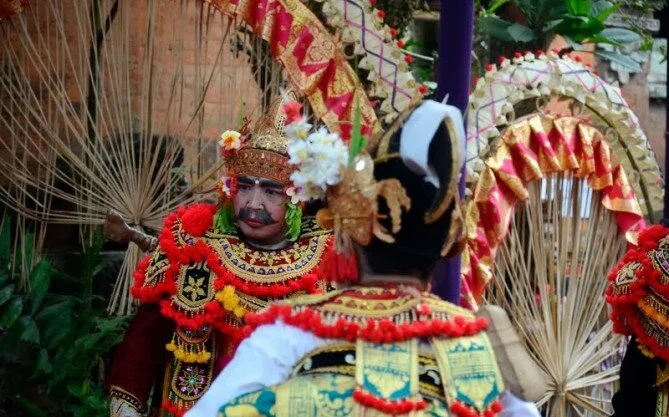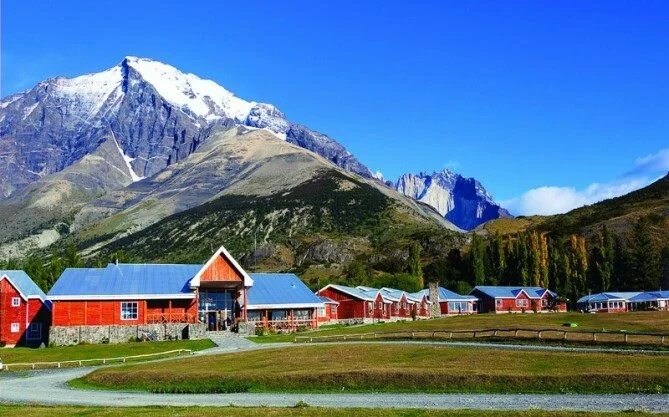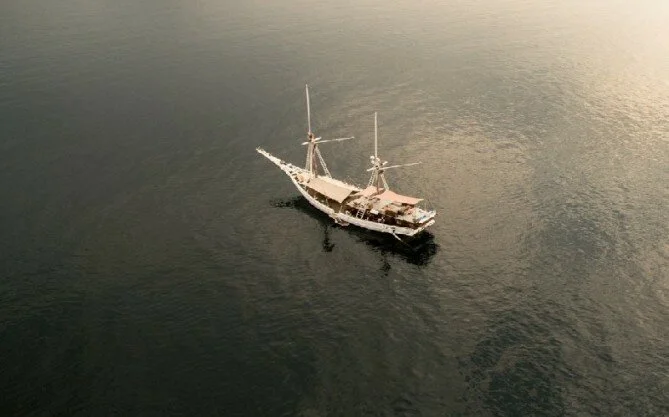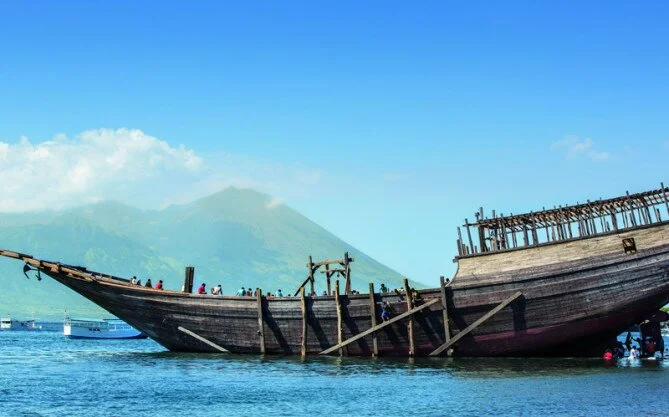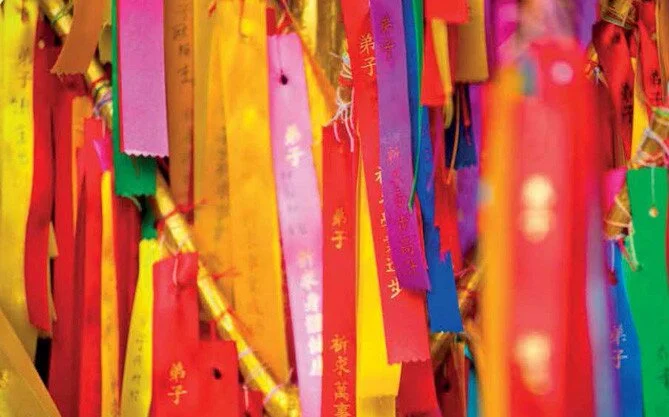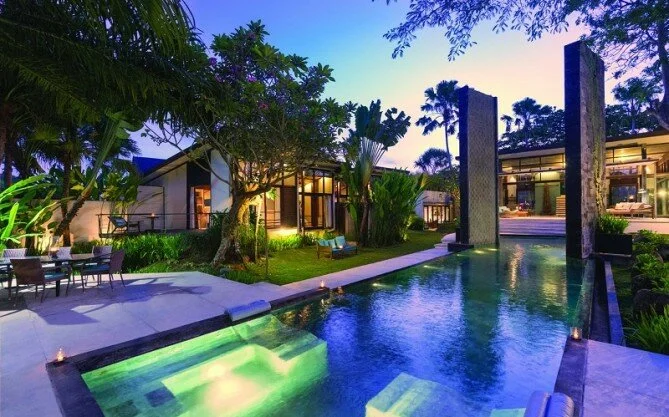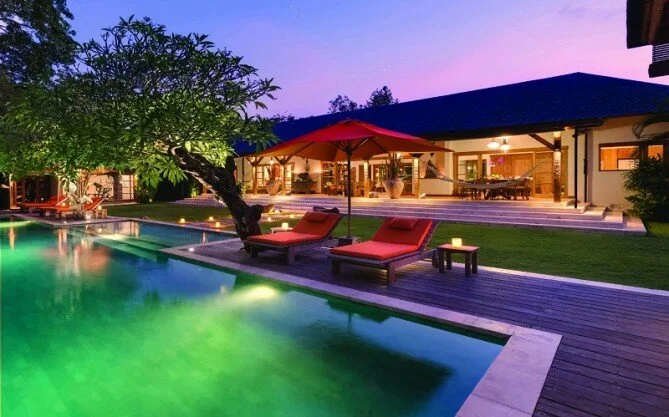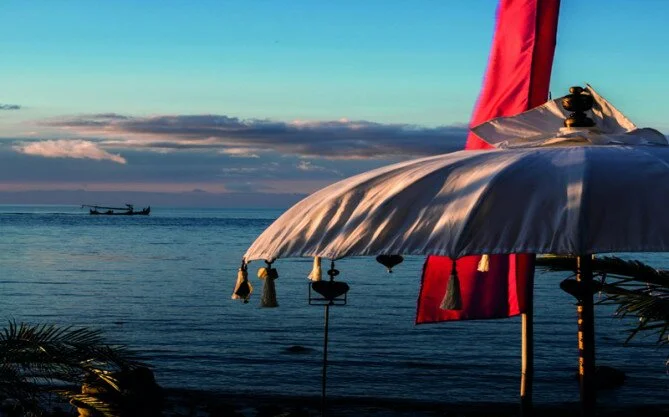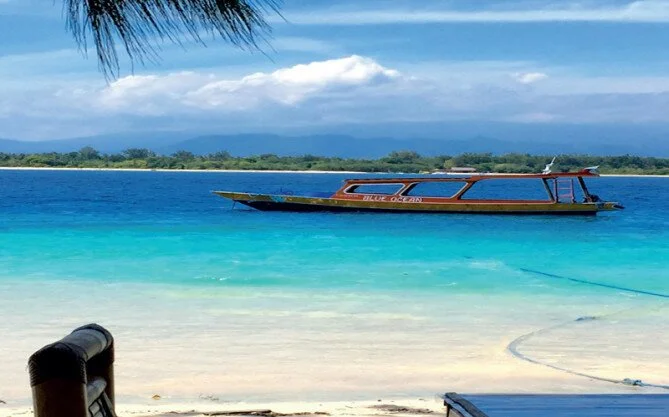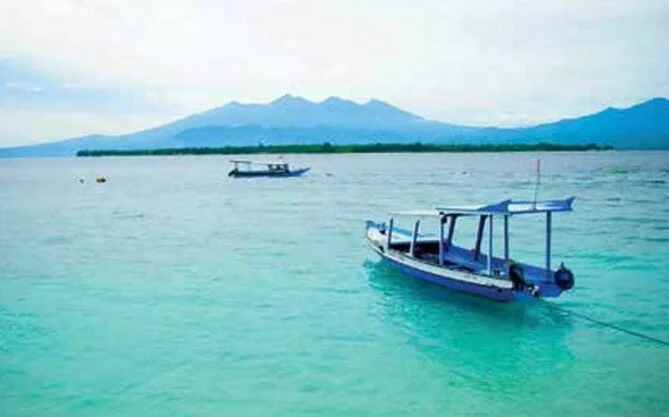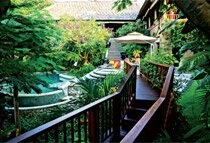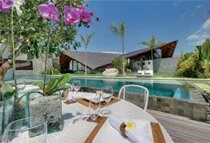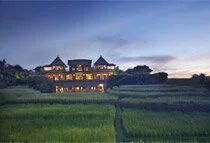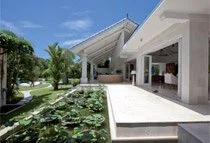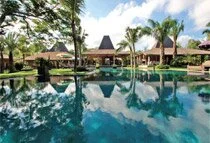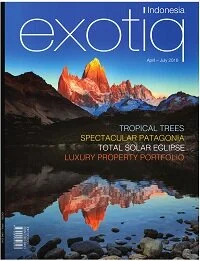By Ibu Kat
North of Bali’s iconic Mount Agung is a very different world from the lush and bustling south. Arid, steep and stony, this is home to almost 9,000 families living in poverty, but since 2008, a small group of dedicated volunteers has been working to improve the lives of these people. In late 2015 the group was formally established as Yayasan Kita Peduli (We Care), a broad-based community initiative to provide remote village families in Karangasam with basic health care, nutritional education, natal care and access to education for the children. It operates entirely on donations.
Behind the volcanoes marching across the northern part of Bali is an area of ‘rain shadow’ which receives much less precipitation than the rest of the island. The people living here in Desa Bunutan have been farmers and fisherfolk for as long as anyone can remember. Until Amed began to develop as a tourist area, many more lived along the coast. Then land prices started to climb, and hundreds of families, which had been squatting on until-then worthless beachfront, retreated into the hills behind the coast to eke out a living as subsistence farmers alongside
those who were already there.
No one knows exactly how many people are scattered along the steep, arid hillsides. They are off the grid, off the map, without schools, toilets, medical care or easy access to water. Most hamlets have no road or even motorcycle access.
These are Bali’s poorest people; an estimated 8,900 families in nine widely scattered villages live on under IDR 1,000,000/ year (US$75). That’s just a guess of course, no officials have been up those vertical tracks to count. They survive on one crop of cassava and corn a year, which must not only feed the family but provide seed for the next crop. The land is depleted and the corn is of a poor quality, yielding just one (sometimes not even that) ear per plant.
Water is a constant issue. These families live high on the slopes, and the water is usually at the bottom of the mountain. Hauling water is women’s work, and the women are often pregnant and leading a toddler on a long trek down to the road or spring and then back up a steep and stony track, with one bucket for the family’s drinking and cooking needs.
About eight years ago, by almost magical synchronicity, four great-hearted people came together in an Amed resort. Bali residents and retirees Ray and Sue overheard Ping, the resort’s assistant manager, in conversation with Rich. They were talking about the water projects they were delivering to the remote banjars high above Amed. Intrigued, Ray and Sue introduced themselves. They learned that Rich, a retired engineer and Rotarian who lives in Bali, had been bringing water to some of the remote communities. With the support of young Rotoracters from the Ubud area, Ping and the villagers had tapped springs, dug wells and set up distribution systems to make water much more accessible.
Ray and Sue asked how they could help and learned that there was no health care available to these communities. A few months later they returned with financial donations and set up a clinic in a donated space in Amed with a nurse and visiting doctors and dentists. The clinic was busy from the first day it opened its doors.
Three years ago enough money was raised to build Rumah Sehat, a modest free-standing clinic in Culik. Ibu Ayu, a pharmacist and member of Rotary Club Denpasar, has been providing medications at wholesale prices since the project began and Dr Lanang Angga volunteers his time. In 2012 the clinic started offering Hari Sehat (Healthy Days) four times a year, bringing in a team of doctors to check and treat 250 – 300 people who had never previously received medical attention. There are now outpost clinics at the local banjars (village council areas) of Aas, Batukesini and Banyuning, Lingawana and Lebah.
The villagers had never seen a dentist either. In late 2013 Udayana University began to send its dental clinic bus to the Healthy Day clinics. A team of dental students checks and pulls teeth and trains adults and children about oral hygiene while distributing toothbrushes, which most have never seen before. A visiting Rotarian from Australia recently arranged for the donation of 10,000 toothbrushes and tubes of toothpaste which are being dispersed
to poor communities in North Bali and Sumba.
“Of the nine villages in Desa Bunutan, Yayasan Kita Peduli’s Rumah Sehat program currently works with six,” Sue told me. “We plan to add another one or two this year. Last year, Rumah Sehat treated 3,985 patients in clinics and 1,000 at Healthy Days. Typically villagers have health issues related to malnutrition and lack of hygiene, also skin diseases, arthritis, dengue fever, cancer and heart problems. When necessary we take them to Sanglah for specialist attention and surgery,“ she said. “We’re now focusing on the more remote communities, visiting them with medicines as the people rarely come down. Some of these communities are very distant – two and a half hours walk along very rough, steep tracks.”
Although the Amed area is now booming, there’s little work for people without education or skills. The Priscilla Hall Foundation recently donated funds to build a two-classroom vocational training centre which will help young people gain the English and computer skills they need for employment in the tourism industry that abounds in Bali. Ping now works full time for Rumah Sehat. Among his many other tasks he has undertaken a detailed census of the banjars in which the clinic works. Hiking into these distant communities is time-consuming; he can only survey about nine families a day. “These people are very poor and we don’t turn anyone away,” he said. “In Lebah, over half of the 3,000 families are below the poverty line of one million rupiah per year and of those, 300 families are unable to feed themselves.”
Rich still climbs the steep hills to bring water to remote communities of Desa Bunutan. “In eight years we have completed 15 village water projects and have helped about 10,000 people,” he said. “The projects have been supported by 20 donors from India, Canada, New Zealand, America, Australia and from here at home in Indonesia.” Rich, Sue, Ray, Ping are what I call Walking Angels – people who quietly go to the difficult places to perform community service. If you feel you could help in any way, please contact them. The more angels walking the arid slopes of Amed, the better.
Rumah Sehat is just one of many Rotary Australian World Community Service projects (RAWCS). The clinic is guided by Rotary Club Bali Taman and supported by Rotary Clubs Hope Island and Alfredton and private donations. Kita Peduli is currently desperately short of operating funds. Sue and Ray’s wish also list includes a second hand van to transport the acutely ill to Sanglah Hospital, gynaecolcogical and obstetrical equipment, an oxygen tank, baby cot, stretcher, vitamins and money for medicines. They can be reached at

